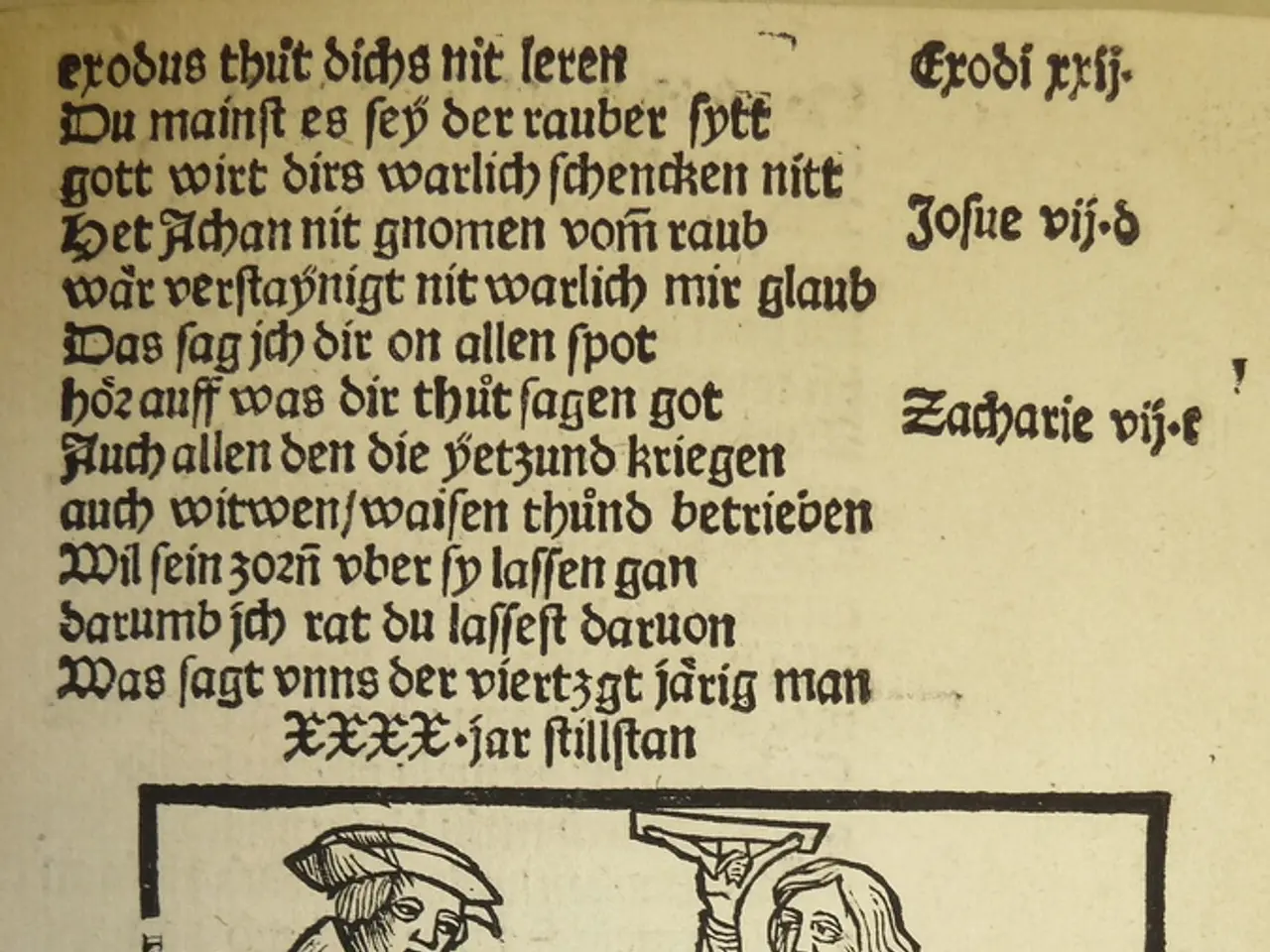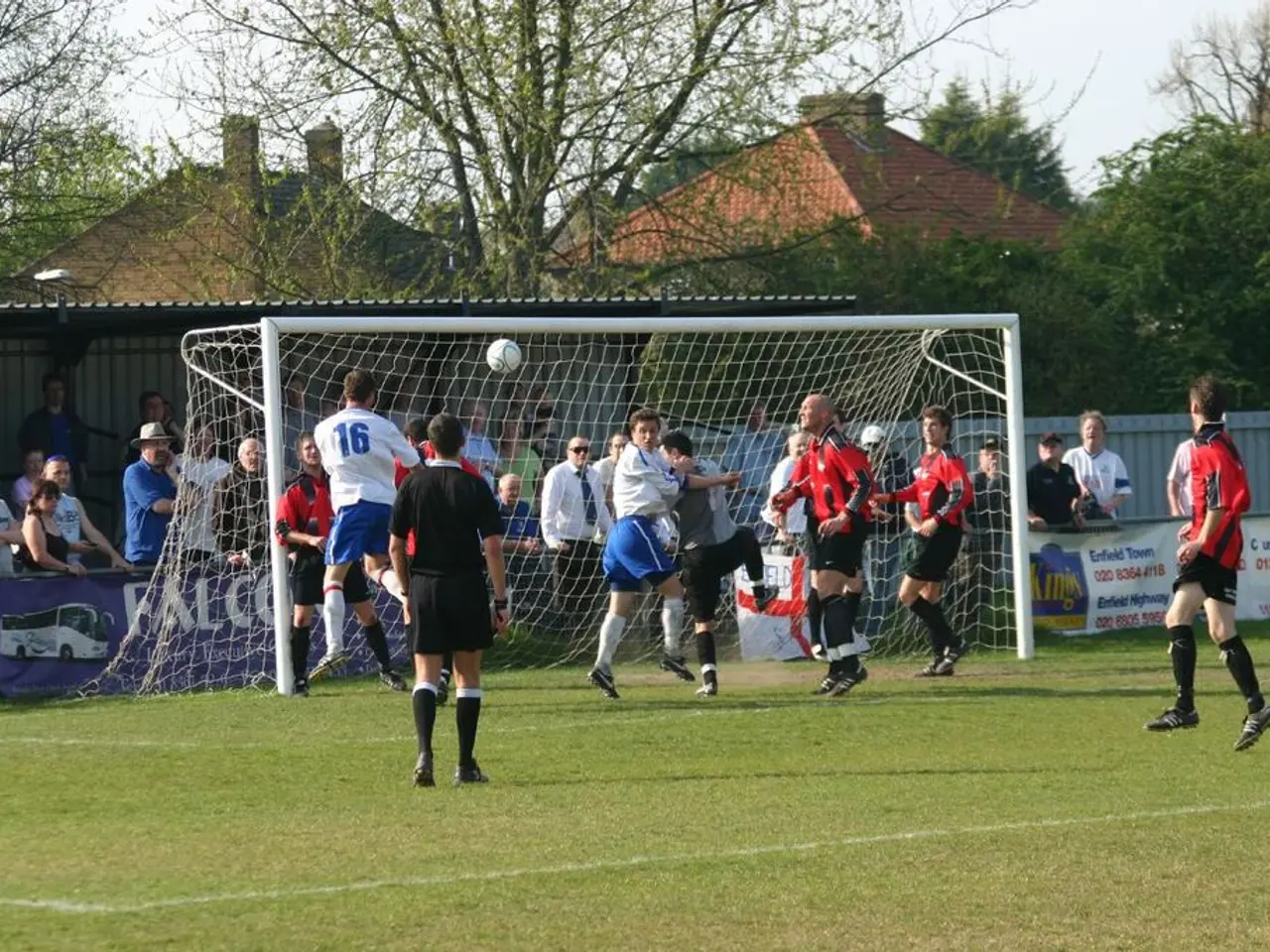Can mastering two of Switzerland's languages increase your likelihood of obtaining Swiss citizenship?
In the picturesque landscape of Switzerland, the path to citizenship is marked by a linguistic journey. While there is a national framework for language requirements, each canton has its unique set of rules, reflecting the country's linguistic diversity.
According to the State Secretariat for Migration (SEM), applicants for Swiss naturalization must demonstrate proficiency in a Swiss language, specifically reaching a B1 level of oral communication and an A2 level for written communication, as defined by the Common European Framework of Reference for Languages (CEFR).
However, the specific language you need to master depends on the canton you reside in. For instance, Biel/Bienne and Fribourg are bilingual cities, with German and French as their official languages. Meanwhile, cantons like Bern, Valais, Graubünden, and others have dual official languages, making language proficiency crucial for successful naturalization.
It's important to note that you cannot be naturalized in a canton where you do not speak the language, be it German, French, or Italian. For example, you cannot obtain citizenship in a German-speaking canton if you only speak French or Italian, and vice versa.
The responsibility for naturalization primarily falls on the cantons and municipalities in Switzerland. Some cantons may have stricter language requirements than the national level. For instance, Schwyz, Nidwalden, and Thurgau require a B1 written level and a B2 spoken level for naturalization.
In practice, cantons may require specific language certificates tailored to their local language. This variation in assessment methods can be observed across regions. However, the overall structure of language requirements for citizenship remains consistent, with an emphasis on demonstrating a certain level of proficiency in the national language(s) relevant to the canton of residence.
While proficiency in multiple official languages may be beneficial for professional, social life, and travel, it is not a requirement for naturalization. The only way to be naturalized is in the language appropriate to your canton, given that all other requirements are met.
[1] Common European Framework of Reference for Languages:
- The language requirements for Swiss naturalization, set by the State Secretariat for Migration (SEM), are integral to the policy-and-legislation, as they dictate the proficiency level needed in a Swiss language, thereby impacting the politics of immigration.
- General-news outlets often focus on the linguistic nuances in each canton's naturalization process, as the variation in assessment methods for language proficiency highlights the distinct political landscape within the country.






